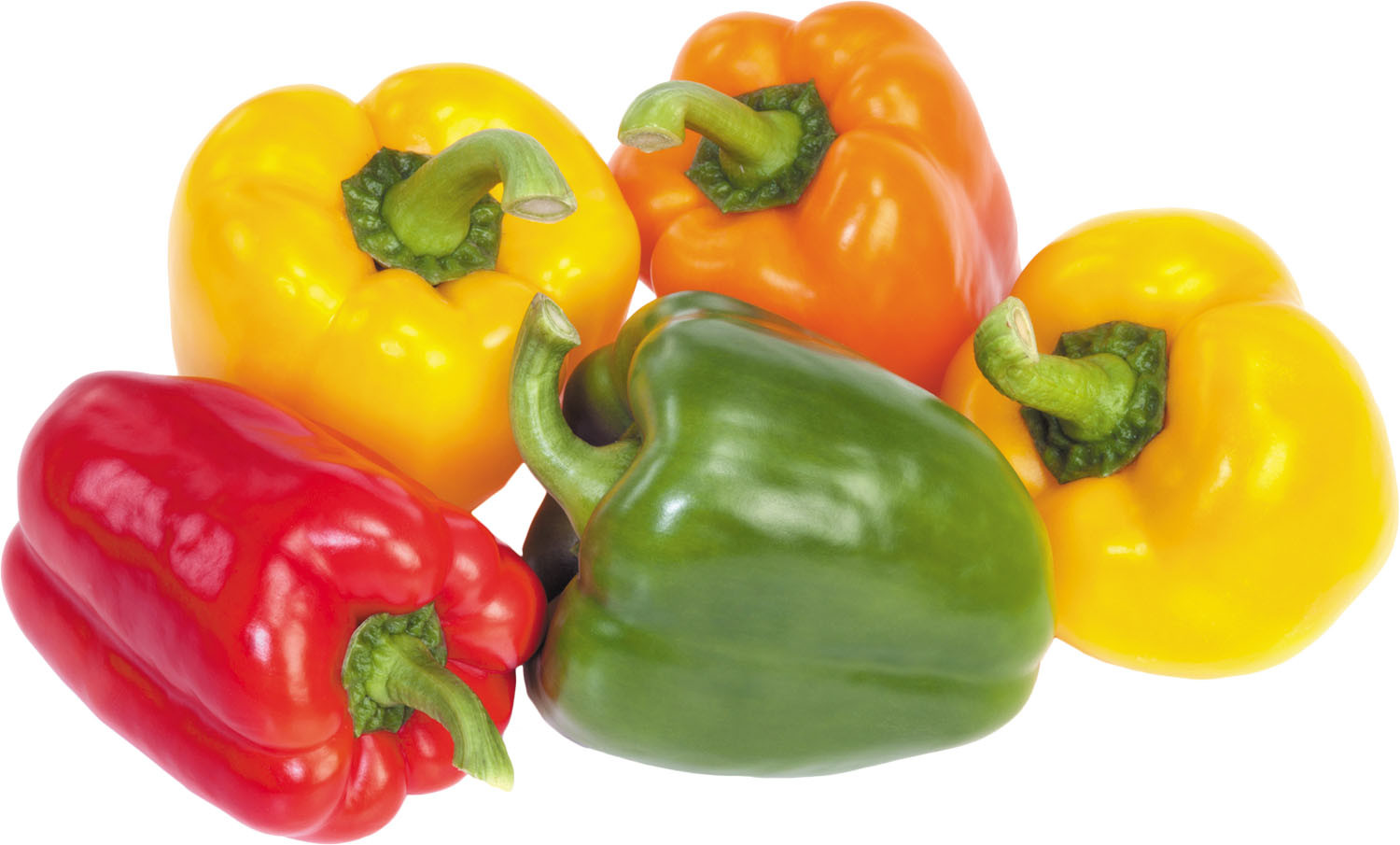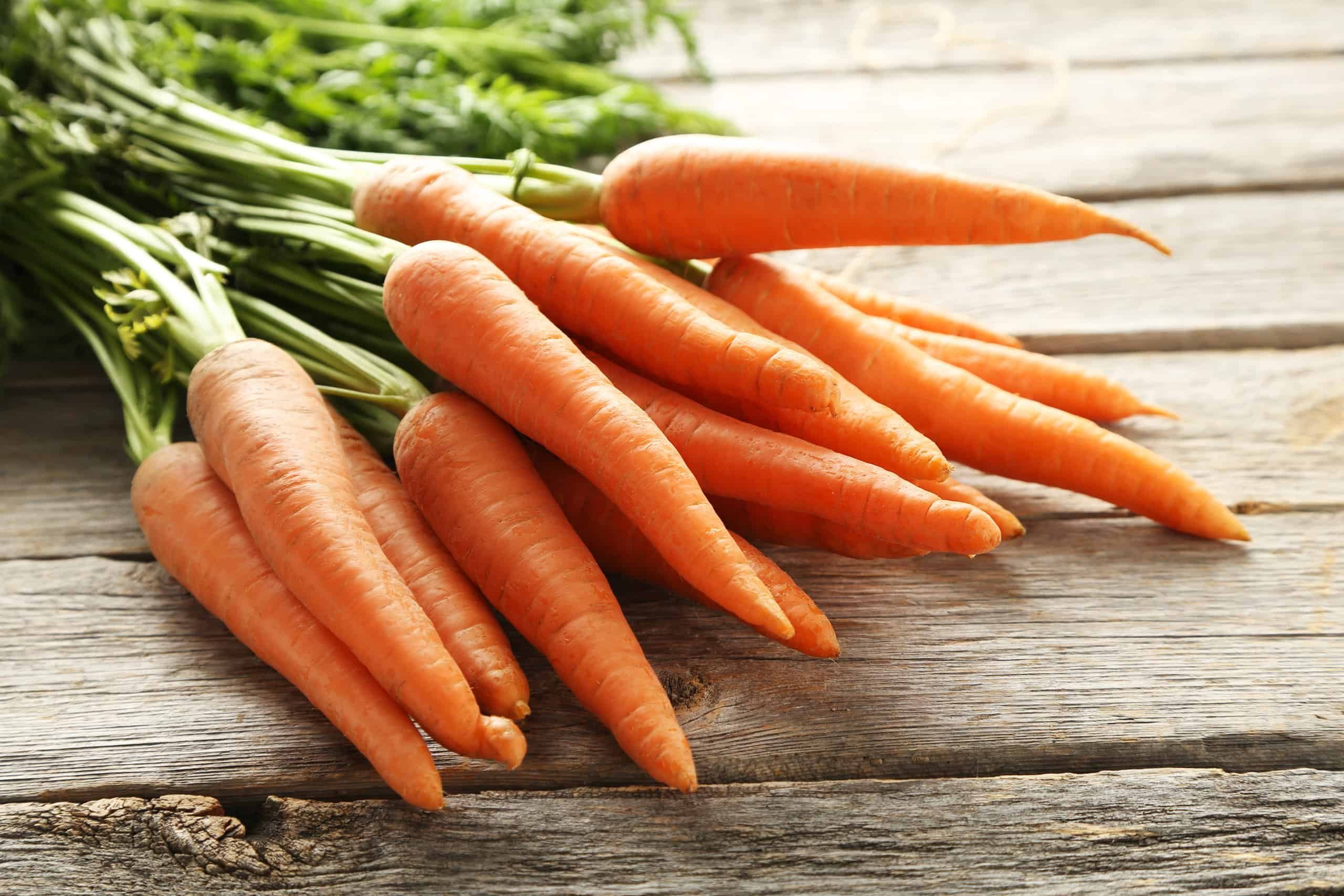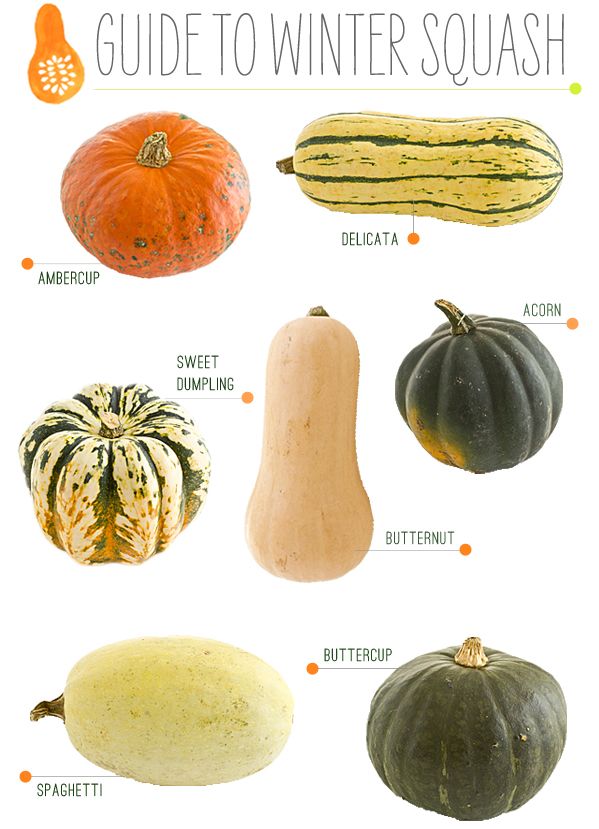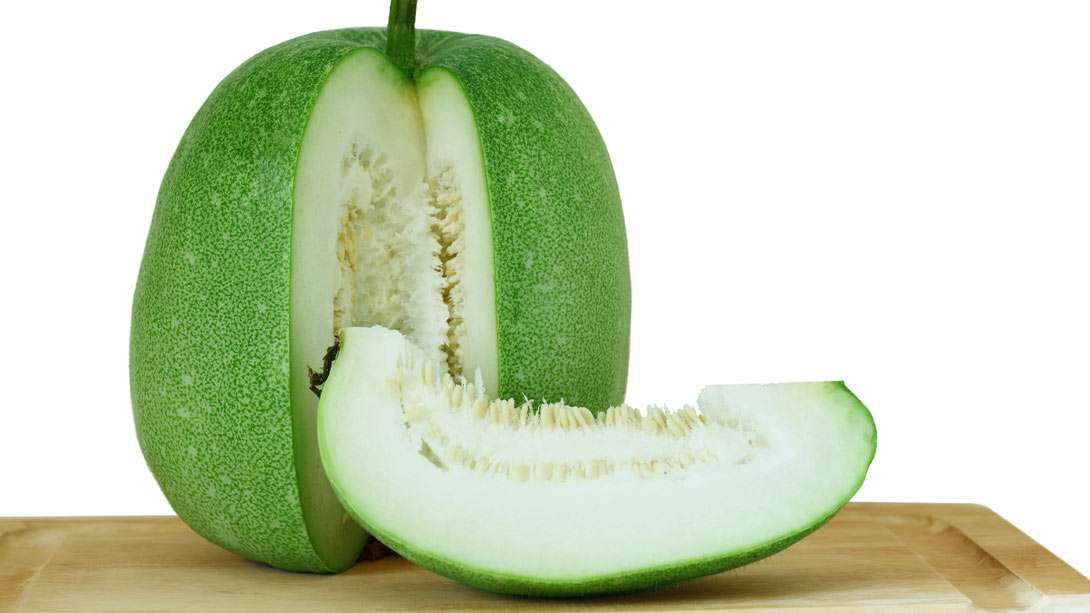The Best Vegetables To Grow In Raised Beds
The Best Vegetables to Grow in Raised Beds
Raised beds are a great way to grow vegetables in your backyard. They offer a number of advantages over traditional gardening methods, including:
- Better drainage
- Warmer soil
- Easier to weed and maintain
- More space-efficient
If you're thinking about starting a raised bed garden, you'll need to choose the right vegetables to grow. Some vegetables are better suited for raised beds than others. Here are some of the best vegetables to grow in raised beds:
- Tomatoes: Tomatoes are a popular choice for raised beds because they require well-drained soil and plenty of sunlight. They also benefit from the extra warmth that raised beds provide.

- Peppers: Peppers are another good choice for raised beds. They have similar requirements to tomatoes, and they also do well in the warm, sunny conditions that raised beds provide.

- Carrots: Carrots are a root vegetable that thrives in the loose, well-drained soil of a raised bed. They also need full sun, which raised beds can provide.

- Lettuce: Lettuce is a cool-season vegetable that is easy to grow in raised beds. It doesn't need a lot of space, and it can be harvested several times throughout the growing season.

- Spinach: Spinach is another cool-season vegetable that is well-suited for raised beds. It is packed with nutrients, and it can be grown in both full sun and partial shade.

- Herbs: Herbs are a great addition to any raised bed garden. They are easy to grow, and they can be used to flavor a variety of dishes. Some popular herbs to grow in raised beds include basil, oregano, thyme, and rosemary.

- Squash: Squash is a warm-season vegetable that does well in raised beds. It needs full sun and well-drained soil. Some popular varieties of squash to grow in raised beds include zucchini, yellow squash, and butternut squash.

- Melons: Melons are another warm-season vegetable that is a good choice for raised beds. They need full sun and well-drained soil. Some popular varieties of melons to grow in raised beds include cantaloupe, honeydew, and watermelon.

These are just a few of the best vegetables to grow in raised beds. There are many other vegetables that can be successfully grown in raised beds. With a little planning, you can create a raised bed garden that will provide you with fresh, delicious vegetables all season long.
Are you looking for the best vegetables to grow in raised beds? Home Gardening has a comprehensive list of vegetables that thrive in this type of garden.
Here are just a few of the many vegetables that you can grow in raised beds:
- Tomatoes
- Peppers
- Carrots
- Lettuce
- Radishes
- Spinach
- Cucumbers
- Beans
- Squash
Raised beds offer many advantages over traditional gardening methods, including:
- Better drainage
- Easier access
- Improved soil quality
- Increased yields
If you're thinking about starting a raised bed garden, be sure to visit Home Gardening for more information.
FAQ of best vegetables to grow in raised beds
- What are the best vegetables to grow in raised beds?
There are many great vegetables that can be grown in raised beds, but some of the most popular include:
Root vegetables: Carrots, beets, radishes, potatoes, and turnips all do well in raised beds. They appreciate the deep, loose soil that raised beds provide, which allows their roots to grow long and straight.
Leafy greens: Lettuce, spinach, kale, Swiss chard, and arugula are all easy to grow in raised beds. They don't require a lot of space, and they can be harvested multiple times throughout the growing season.
Cucurbits: Cucumbers, squash, and melons are all vining plants that can be grown in raised beds. They need a lot of space to spread out, so raised beds are a great way to accommodate their growth.
Tomatoes: Tomatoes are a popular choice for raised beds because they do well in the warm, well-draining soil. They can be grown as determinate or indeterminate varieties, depending on your space and desired harvest.
What are the benefits of growing vegetables in raised beds?
There are many benefits to growing vegetables in raised beds, including:
Better drainage: Raised beds drain more easily than traditional gardens, which helps to prevent root rot and other problems.
Warmer soil: Raised beds warm up earlier in the spring, which extends the growing season.
Better soil quality: Raised beds can be filled with a high-quality potting mix, which provides your plants with the nutrients they need to thrive.
Ease of maintenance: Raised beds are easy to weed and water, which makes gardening more enjoyable.
What are some tips for growing vegetables in raised beds?
Here are some tips for growing vegetables in raised beds:
- Choose the right location: Raised beds should be located in a sunny spot with good drainage.
- Prepare the soil: The soil in your raised beds should be loose and well-draining. You can add compost or other organic matter to improve the soil quality.
- Plant the right vegetables: Choose vegetables that are well-suited to raised beds. Some good choices include tomatoes, cucumbers, lettuce, and carrots.
- Water regularly: Raised beds can dry out quickly, so it's important to water your plants regularly.
- Fertilize as needed: Fertilize your plants every few weeks with a balanced fertilizer.
- Protect your plants from pests and diseases: Keep an eye out for pests and diseases, and take steps to control them if necessary.
Image of best vegetables to grow in raised beds
null
Post a Comment for "The Best Vegetables To Grow In Raised Beds"